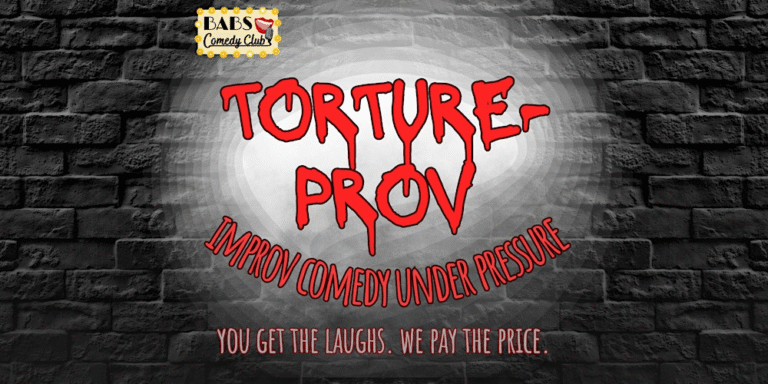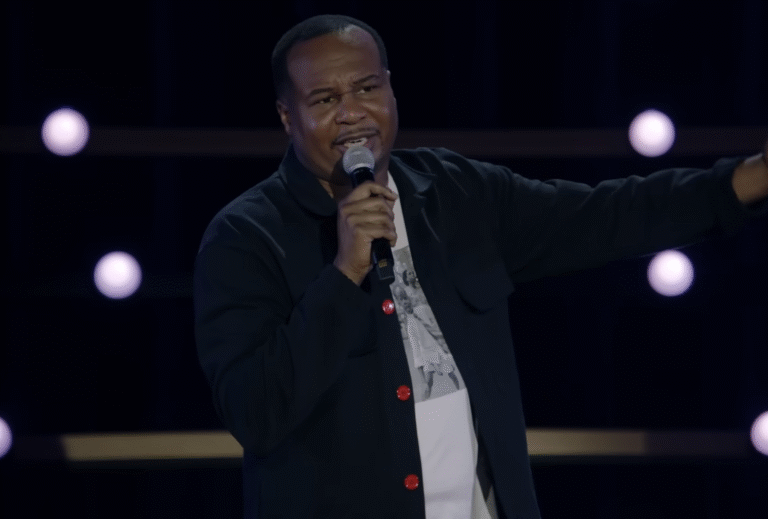Bess Wohl’s New Broadway Comedy Liberation Brings 1970s Feminism and Modern Reflection to the James Earl Jones Theatre

Broadway’s newest sensation, Liberation, written by acclaimed playwright Bess Wohl and directed by Whitney White, has become one of the most talked-about plays of the season. Now running at the James Earl Jones Theatre, the production opened on October 28, 2025, after a successful Off-Broadway run earlier in the year. The show is scheduled to play through January 11, 2026, and critics are already calling it one of the must-see plays of the year.
At its core, Liberation explores the legacy of the women’s liberation movement of the 1970s while examining what has — and hasn’t — changed since then. The story moves between two timelines: in the early 1970s, a group of women in Ohio gather in a local gymnasium to form a consciousness-raising group at the height of second-wave feminism. In the present day, one of those women’s daughters looks back, trying to understand her mother’s activism, her ideals, and the generational gap that separates them. Wohl has described it as “a memory play about things I don’t remember,” blending humor and introspection to show how memory, identity, and history intertwine.
The production features an impressive ensemble cast, including Betsy Aidem, Susannah Flood, Audrey Corsa, Kayla Davion, Kristolyn Lloyd, Irene Sofia Lucio, Charlie Thurston, and Adina Verson. Flood plays Lizzie, the young mother and activist whose story bridges past and present. Aidem portrays Margie, a housewife whose life is quietly transformed by the movement. The chemistry among the cast members has been widely praised, with many critics highlighting the group’s ability to make the play’s themes both funny and emotionally resonant.

Behind the scenes, the creative team is equally strong. The scenic design is by David Zinn, costumes by Qween Jean, and hair and wig design by Nikiya Mathis. Together, they’ve built a vivid world that moves seamlessly between eras, balancing period authenticity with a modern sensibility.
Thematically, Liberation doesn’t shy away from complexity. It tackles race, class, sexuality, generational conflict, and the contradictions within feminism itself. A particularly bold moment comes during a full-nudity scene that mirrors real-life consciousness-raising exercises from the 1970s, inviting both laughter and discomfort — a reminder that liberation was never simple.
Critical response has been overwhelmingly positive. The Washington Post calls it “a stirring and emotionally resonant production… the first must-see play of the season.” The Guardian praises it as “fiery and funny,” while Entertainment Weekly describes it as “poignant, humorous, and timely.” Even The New York Post — often a tough crowd — applauds the stellar acting and nuanced portrayal of women’s inner lives.
Beyond reviews, what’s making Liberation stand out is how universal it feels. Wohl herself has said that men and non-female audiences have responded strongly to it, noting that the play’s themes of connection, misunderstanding, and change reach well beyond gender lines.
As director Whitney White puts it in her Vogue interview, Liberation isn’t just about what feminism was — it’s about what it still needs to be. With its blend of humor, honesty, and heart, the play reminds audiences that liberation is a process — one that continues on stage, and in life, long after the curtain falls.





